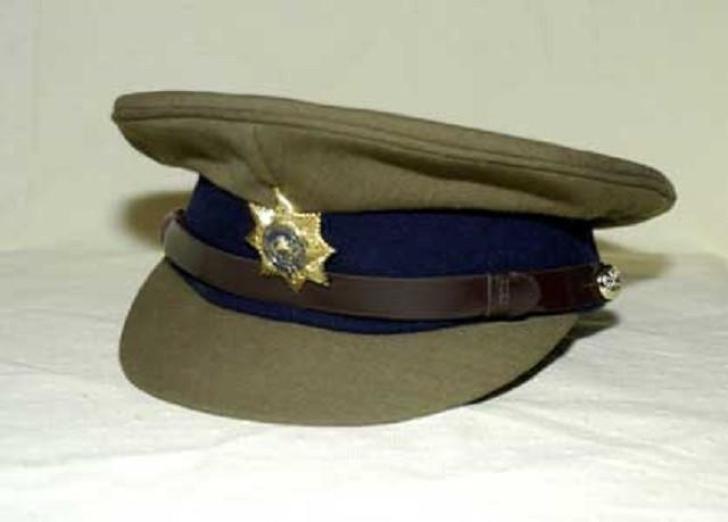News / National
Police imposes weapons ban ahead of anti-Mnangagwa protests
27 Mar 2025 at 06:11hrs |
13 Views

The Zimbabwe Republic Police (ZRP) has issued a two-month prohibition order against carrying weapons in Harare, just days before planned nationwide protests calling for the removal of President Emmerson Mnangagwa.
Chief Superintendent Michael Masvivi, the Officer Commanding Harare District, announced that the ban takes effect from today, March 27, and will remain in place until May 31. The move is seen as a preemptive measure to curb potential violence during demonstrations set for March 31, which are being led by war veteran Blessed "Bombshell" Geza.
The protests are aimed at forcing Mnangagwa out of office, with accusations that he has shielded corrupt individuals who have allegedly captured the state and drained public resources.
Masvivi's prohibition order explicitly bans "any items capable of use as weapons, catapults, machetes, knobkerries, axes, swords, knives or daggers." The order applies to both openly carried and concealed weapons, with violations carrying a penalty of up to six months in prison or a fine.
"Any traditional weapons whatsoever likely to occasion public disorder or a breach of the peace, (I) hereby issue an order prohibiting the carrying of such weapons in Harare District or any part thereof for a period not exceeding two months, that is from March 27, to May 31," reads Masvivi's statement.
The government has placed state security forces, including the police and Central Intelligence Organisation (CIO), on high alert ahead of the protests. While it remains unclear how many Zimbabweans will heed Geza's call to oust Mnangagwa, growing public frustration over economic hardships, unchecked corruption, a failing healthcare system, and extravagant spending by government elites has fueled widespread discontent.
Zanu-PF's internal power struggles have also heightened tensions, particularly the factional rift between Mnangagwa and his deputy, Constantino Chiwenga. Observers note that the current political climate bears similarities to the events leading up to the 2017 coup that removed former President Robert Mugabe, a process spearheaded by Mnangagwa and Chiwenga themselves.
As the protest date approaches, all eyes will be on whether Zimbabweans take to the streets and how the government responds to any potential unrest.
Chief Superintendent Michael Masvivi, the Officer Commanding Harare District, announced that the ban takes effect from today, March 27, and will remain in place until May 31. The move is seen as a preemptive measure to curb potential violence during demonstrations set for March 31, which are being led by war veteran Blessed "Bombshell" Geza.
The protests are aimed at forcing Mnangagwa out of office, with accusations that he has shielded corrupt individuals who have allegedly captured the state and drained public resources.
Masvivi's prohibition order explicitly bans "any items capable of use as weapons, catapults, machetes, knobkerries, axes, swords, knives or daggers." The order applies to both openly carried and concealed weapons, with violations carrying a penalty of up to six months in prison or a fine.
"Any traditional weapons whatsoever likely to occasion public disorder or a breach of the peace, (I) hereby issue an order prohibiting the carrying of such weapons in Harare District or any part thereof for a period not exceeding two months, that is from March 27, to May 31," reads Masvivi's statement.
The government has placed state security forces, including the police and Central Intelligence Organisation (CIO), on high alert ahead of the protests. While it remains unclear how many Zimbabweans will heed Geza's call to oust Mnangagwa, growing public frustration over economic hardships, unchecked corruption, a failing healthcare system, and extravagant spending by government elites has fueled widespread discontent.
Zanu-PF's internal power struggles have also heightened tensions, particularly the factional rift between Mnangagwa and his deputy, Constantino Chiwenga. Observers note that the current political climate bears similarities to the events leading up to the 2017 coup that removed former President Robert Mugabe, a process spearheaded by Mnangagwa and Chiwenga themselves.
As the protest date approaches, all eyes will be on whether Zimbabweans take to the streets and how the government responds to any potential unrest.
Source - The Herald
Join the discussion
Loading comments…





































